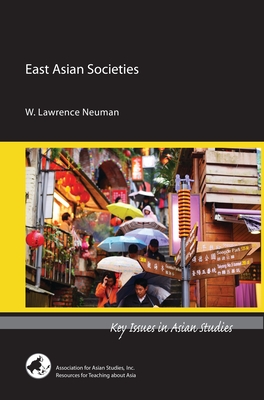
In this new history of the Middle East, Jean-Pierre Filiu looks beyond religion and focuses his attention on the processes by which powers and their areas of domination were established over time. His starting point is 395, the year when the Roman Empire was divided into eastern and western halves: at that point, the Middle East emerged as a specific entity, freed from external domination, and a Christianity of the East asserted itself, turned towards Byzantium rather than towards Rome. From this point on, Filiu follows a strictly Middle Eastern dynamic, tracing the rise and fall of powers linked to the three principal centres of Egypt, Syria, and Iraq and recounting the procession of empires, invasions, and assertions of imperialist ambition that have characterized the region since then. The book closes in 2022, when the men and women of the Middle East were still struggling for the right to define their destiny by telling their stories in their own voices.
This magisterial and up-to-date history of the Middle East will be essential reading for students and scholars and for anyone interested in the history and politics of one of the most important and contested regions of the modern world.







